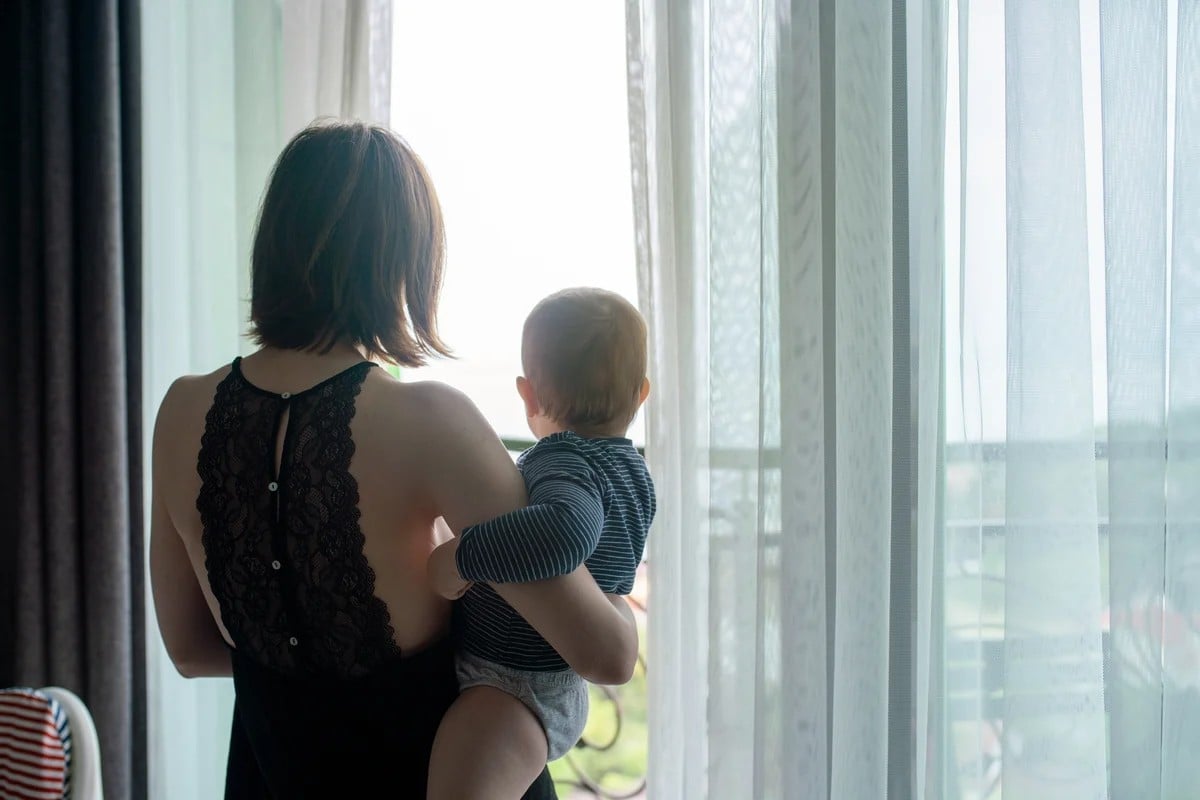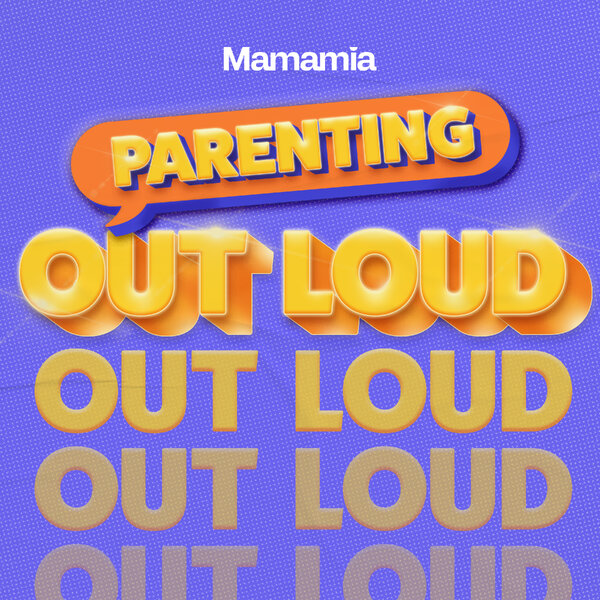
In my early 20s, I scheduled an appointment with my gynaecologist under the pretense of knowing that one day, I desperately wanted to have a baby. It was a sit-down appointment where I was assured that due to my age, my fertility would not be in question. Nevertheless, I was also offered an internal ultrasound as a precaution. Instinctively, I felt compelled to say yes, even though it was going to cost me an additional few hundred dollars.
This intuition served me very well.
I remember the exact moment my stomach dropped.
"Oh," the gynaecologist said. "You have a heart shaped uterus."
A bicornuate uterus was the technical term for the malformation, she told me. But the impact that this malformation would have on my fertility seemed unclear, though.
I could tell my gynaecologist was trying to offer reassurance as a I grappled with the news — the very organ I had hoped with every fibre of my being would one day carry a baby, was malformed. But the malformation was quite severe. In fact, there was even a question that it may be a septate uterus, due to the very large septum of tissue that separated my uterus into two sections.
"With a malformation like this, you may not be able to carry a baby to full term," my gynaecologist explained.
In that moment, I felt like my hopes and dreams for my future were crushed. But when I debriefed with my beautiful sister — a nurse at the Royal Childrens Hospital — a glimmer of hope returned.
"You can still carry and deliver a baby, even if it isn't to full term," she said. It was that positivity that encouraged me to press forward, trying not to let my diagnosis impact my dreams.

